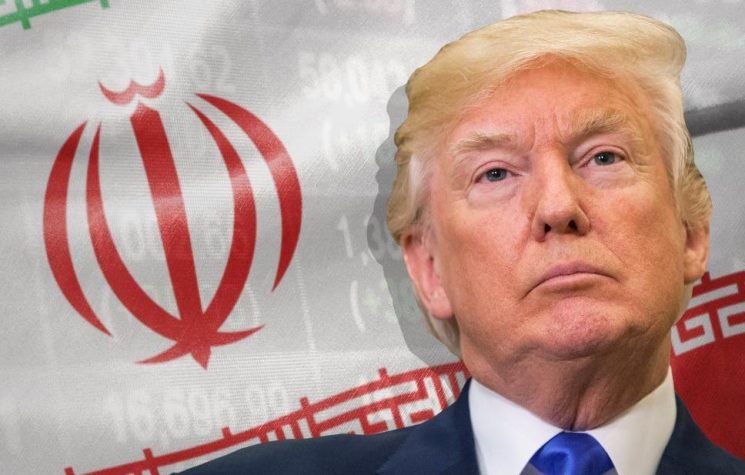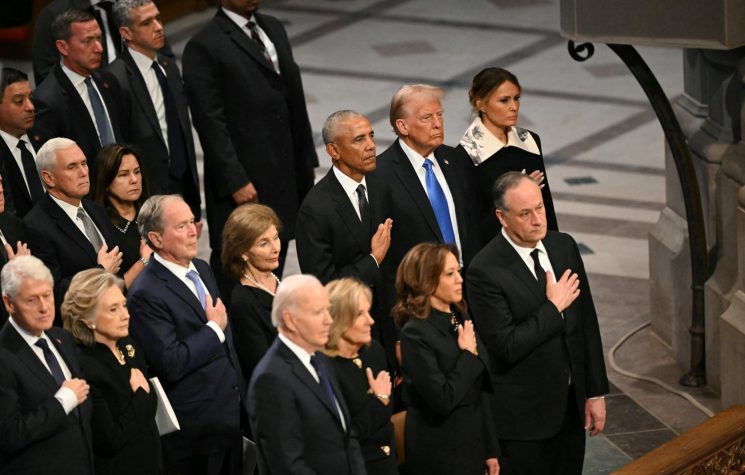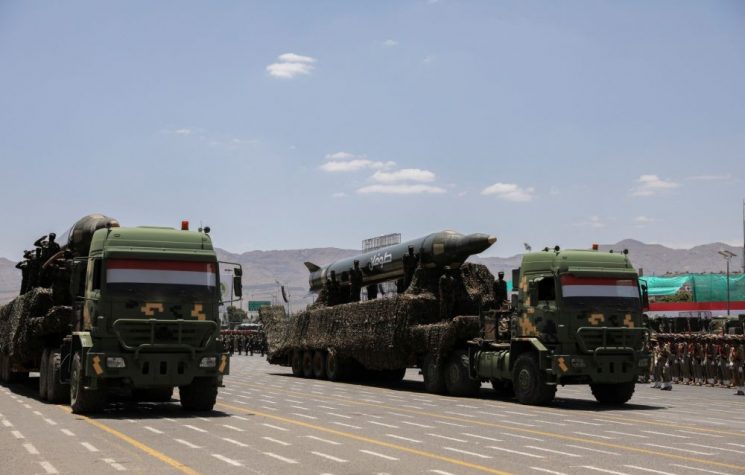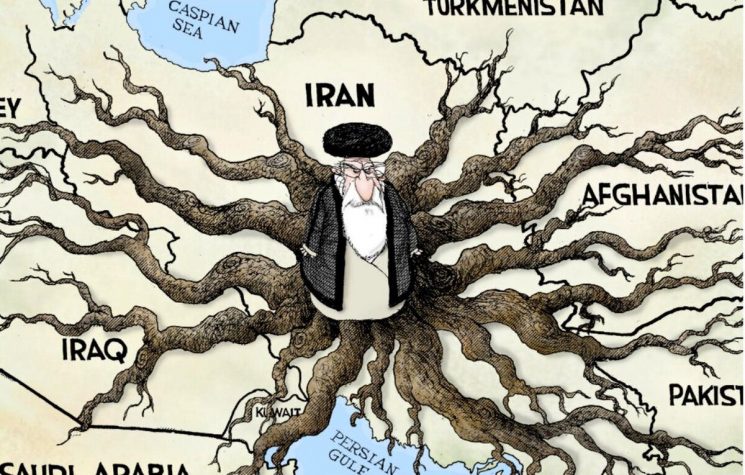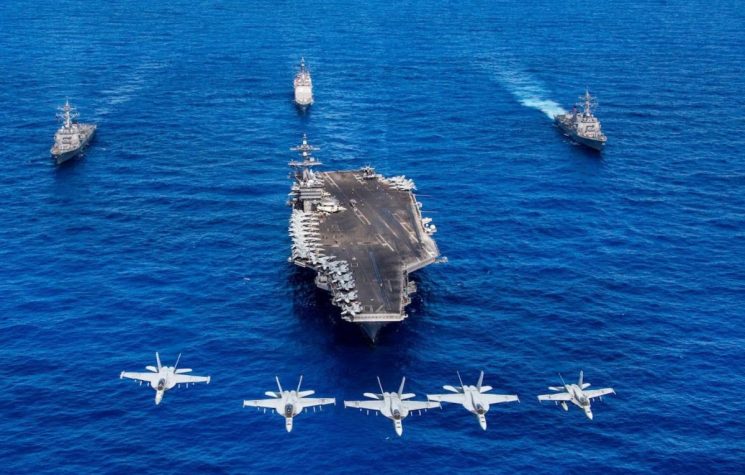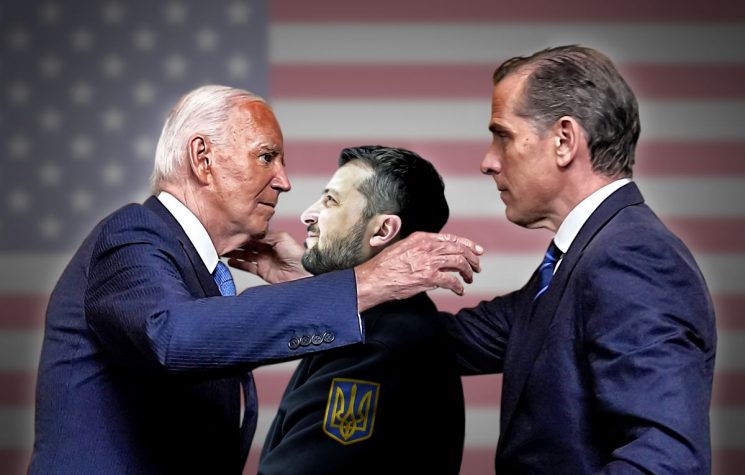Biden may see himself needing some ‘grand victory’, as much as does Netanyahu, Alastair Crooke writes.
❗️Join us on Telegram![]() , Twitter
, Twitter![]() , and VK
, and VK![]() .
.
Contact us: info@strategic-culture.su
The U.S. is edging closer to war with Iraq’s Popular Mobilisation Forces, a state security agency composed of armed groups, some of which are close to Iran, but which for the main are Iraqi nationalists. The U.S. carried out a drone strike in Baghdad, Wednesday that killed three members of the Kataeb Hizbullah forces, including a senior commander. One of the assassinated, al-Saadi, is the most senior figure to have been assassinated in Iraq since the 2020 drone strike that killed senior Iraqi Commander al-Muhandis and Qassem Soleimani.
The target is puzzling as Kataeb more than a week ago suspended its military operations against the U.S. (at the request of the Iraqi government). The stand down was widely published. So why was this senior figure assassinated?
Tectonic twitches often are sparked by a single egregious action: the one final grain of sand which – on top of the others – triggers the slide, capsizing the sandpile. Iraqis are angry. They feel that the U.S. wantonly violates their sovereignty – showing contempt and disdain for Iraq, a once great civilisation, now brought low in the wake of U.S. wars. Swift and collective retaliation has been promised.
One act, and a gyre can begin. The Iraqi government may not be able to hold the line.
The U.S. tries to separate and compartmentalise issues: AnsarAllah’s Red Sea blockade is ‘one thing’; attacks on U.S. bases in Iraq and Syria, an unrelated ‘another’. But all know that such separateness is artificial – the ‘red’ thread woven through all these ‘issues’ is Gaza. The White House (and Israel) however, insists the connecting thread instead to be Iran.
Did the White House think this through properly, or was its latest assassination viewed as a ‘sacrifice’ to appease the ‘gods of war’ in the Beltway, clamouring to bomb Iran?
Whatever the motive, the Gyre turns. Other dynamics are running that will be fuelled by the attack.
The Cradle highlights one significant shift:
“by successfully obstructing Israeli vessels from traversing the Bab al-Mandab Strait, the Ansarallah-led Sanaa government has emerged as a powerful symbol of resistance in defence of the Palestinian people – a cause deeply popular across Yemen’s many demographics. Sanaa’s position stands in stark contrast to that of the Saudi and Emirati-backed government in Aden, which, to the horror of Yemenis, welcomed attacks by U.S. and British forces on 12 January”.
“The U.S.–UK airstrikes have prompting some heavyweight internal defections … a number of Yemeni militias previously aligned with the UAE and Saudi Arabia, consequently switched allegiance to Ansarallah … Disillusionment with the coalition will have profound political and military implications for Yemen, reshaping alliances, and casting the UAE and Saudi Arabia as national adversaries. Palestine continues to serve as a revealing litmus test throughout West Asia – and now in Yemen too – exposing those who only-rhetorically claim the mantle of justice and Arab solidarity”.
Yemen military defections – How does this matter?
Well, the Houthis and AnsarAllah have become heroes across the Islamic World. Look at social media. The Houthis are now the ‘stuff of myth’: Standing up for Palestinians whilst others don’t. A following is taking hold. AnsarAllah’s ‘heroic’ stance may lead to the ousting of western proxies, and so to dominate that ‘rest of Yemen’ they presently do not control. It seizes too, the Islamic world imagination (to the concern of the Arab Establishment).
In the immediate aftermath of the assassination of al-Saadi, Iraqis took to the streets of Baghdad chanting: “God is Great, America is the Great Satan”.
Do not imagine this ‘turn’ is lost on others – on the Iraqi Hashd al-Sha’abi, for example; or on the (Palestinians) of Jordan; or on the mass foot-soldiers of the Egyptian army; or indeed in the Gulf. There are 5 billion smartphones extant today. The ruling class do watch the Arabic channels, and view (nervously) social media. They worry that anger against the western flouting of international law may boil over, and they will be unable to contain it: What price the ‘Rules Order’ now since the International Court of Justice upended the notion of a moral content to western culture?
The wrongheadedness of U.S. policy is astonishing – and now has claimed the most central tenet in the ‘Biden strategy’ for resolving the crisis in Gaza. The ‘dangle’ of Saudi normalisation with Israel was viewed in the West as the pivot – around which Netanyahu would either be forced to give up on his maximalist security control from the River to the Sea mantra, or see himself pushed aside by a rival for whom the ‘normalisation bait’ held the allure of likely victory in the next Israeli elections.
Biden’s spokesperson was flagrant in this respect:
“[We] … are having discussions with Israel and Saudi Arabia … about trying to move forward with a normalization arrangement between Israel and Saudi Arabia. So those discussions are ongoing as well. We certainly received positive feedback from both sides that they’re willing to continue to have those discussions”.
The Saudi Government – possibly angry at the U.S. recourse to such deceptive language – duly kicked the plank out from beneath the Biden platform: It issued a written statement confirming unequivocally that: “there will be no diplomatic relations with Israel unless an independent Palestinian state is recognized on the 1967 borders, with East Jerusalem as its capital, and that the Israeli aggression on the Gaza Strip stops – and all Israeli occupation forces are withdraw from the Gaza Strip”. The Kingdom stands by the 2002 Arab Peace Initiative, in other words.
Of course, no Israeli could campaign on that platform in Israeli elections!
Recall how Tom Friedman set out how the ‘Biden Doctrine’ was supposed to fit together as a interlinked whole: First, through taking a “strong and resolute stand on Iran” the U.S. would signal to “our Arab and Muslim allies, that it needs to take on Iran in a more aggressive manner … that we can no longer allow Iran to try to drive us out of the region; Israel into extinction and our Arab allies into intimidation by acting through proxies — Hamas, Hezbollah, the Houthis and Shiite militias in Iraq — while Tehran blithely sits back and pays no price”.
The second strand was the Saudi dangle that would inevitably pave the path into the (third) element which was the “building of a credible legitimate Palestinian Authority as … a good neighbour to Israel …”. This “bold U.S. commitment to a Palestinian state would give us [Team Biden] legitimacy to act against Iran”, Friedman foresaw.
Let us be plain: this trifecta of policies, rather than gel into a single doctrine, are falling like dominoes. Their collapse owes to one thing: The original decision to back Israel’s use of overwhelming violence across Gaza’s civil society – ostensibly to defeat Hamas. It has turned the region and much of the World against the U.S. and Europe.
How did this happen? Because nothing changed by way of U.S. policies. It was the same old western bromides from decades ago: financial threats, bombing and violence. And the insistence on one mandatory ‘stand with Israel’ narrative (with no discussion).
The rest of the world has grown tired of it; even defiant towards it.
So to put it bluntly: Israel has now come face-to-face with the (self-destructive) inconsistency within Zionism: How to maintain special rights for Jews on territory in which there is an approximately equal number of non-Jews? The old answer has been discredited.
The Israeli Right argues that Israel then must go for broke: All or nothing. Take the risk of wider war (in which Israel, may or may not, be ‘victorious’); tell Arabs to move elsewhere; or abandon Zionism and themselves move on.
The Biden Administration, rather than help Israel look truth in the eye, has discarded the task of obliging Israel to face up to the contradictions in Zionism, in favour of restoring the broken status quo ante. Some 75 years after the founding of the Israeli state, as former Israeli negotiator, Daniel Levy, has. noted:
‘[We are back to] “the “banal debate” between the U.S. and Israel over “whether the bantustan shall be repackaged and marketed as a ‘state’”.
Could it have been different? Probably not. The reaction comes from deep in Biden’s nature.
The trifecta of U.S. failed responses paradoxically has nonetheless facilitated Israel’s slide to the Right (as evidenced by all recent polling). And has – absent a hostage deal; absent a Saudi credible ‘dangle’; or any credible path to a Palestinian State – precisely opened the path for the Netanyahu government to pursue his maximalist exit from collapsed deterrence through securing a ‘grand victory’ over the Palestinian resistance, Hizbullah, and even – he hopes – Iran.
None of these objectives can be achieved without U.S. help. Yet, where is Biden’s limit: Support for Israel in a Hizbullah war? And were it to widen, support for Israel in an Iran war too? Where is the limit?
The incongruity, coming as it does, at a moment when the West’s Ukraine Project is imploding, suggests that Biden may see himself needing some ‘grand victory’, as much as does Netanyahu.

















